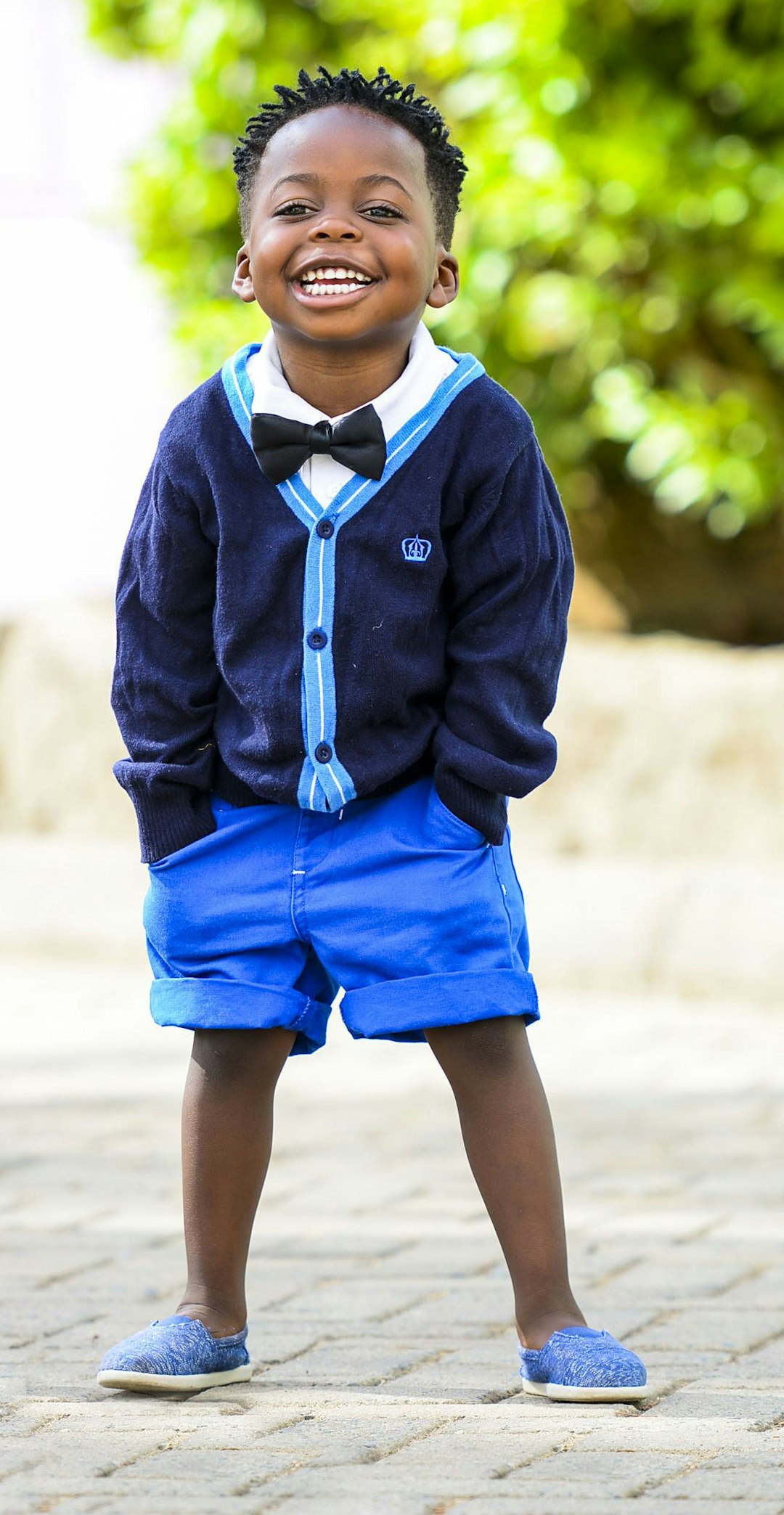In New York City, forensic interviews with child victims of sexual assault require exceptional sensitivity and specialized skills. Child sexual assault lawyers highlight the importance of protective and empathetic interview techniques to safeguard children's emotional well-being and ensure accurate testimony. Established guidelines and best practices, emphasizing trauma-informed approaches, govern these interviews in NYC. Trained professionals create safe, child-friendly environments, use age-appropriate language, actively listen, and undergo regular specialized training to reduce trauma and enhance interview evidence quality. Ongoing support services like counseling, medical care, and legal representation from child sexual assault lawyers New York are crucial for recovery.
Understanding the Sensitivity of Child Interviews in NYC

In New York City, the forensic interview of child victims, particularly those involved in cases of child sexual assault, demands a delicate and sensitive approach. The environment is often traumatic for young survivors, making it crucial for interviewers to be highly skilled and empathetic. Child sexual assault lawyers in NYC emphasize that these interviews should be conducted with utmost care to protect the child’s emotional well-being and ensure the accuracy of their statements.
The sensitivity required in such interviews stems from the fact that children may not always express themselves clearly or coherently, especially when discussing distressing events. Interviewers must be trained to adapt their techniques accordingly, using age-appropriate language and strategies. Moreover, maintaining a non-judgmental attitude is vital to fostering trust and encouraging open communication, which is essential for gathering reliable evidence in legal proceedings involving child victims.
Legal Framework and Guidelines for Forensic Interviewing

In New York City, the forensic interviewing of child victims, especially in cases of child sexual assault, is governed by a robust legal framework designed to protect both the victim and ensure justice. The state has established guidelines that outline best practices for professionals conducting these interviews, emphasizing the importance of sensitive, trauma-informed approaches. These guidelines are crucial, as they provide a structured yet flexible process tailored to the unique needs of child victims.
Child sexual assault lawyers in New York often rely on these protocols to navigate complex legal proceedings. The legal framework ensures that interviews are conducted with integrity and respect for the child’s rights and well-being. It underscores the need for qualified interviewers, specialized training, and a safe environment to encourage honest and accurate testimony from young witnesses.
Best Practices to Ensure Accurate and Compassionate Interviews

To ensure accurate and compassionate interviews with child victims in NYC, forensic interviewers should adhere to best practices that prioritize both sensitivity and thoroughness. These include establishing a safe and child-friendly environment, using age-appropriate language, and actively listening to the child’s narrative without leading or prompting responses. Child sexual assault lawyers in New York often emphasize the importance of these practices, as they can significantly reduce potential trauma to the victim while maximizing the quality of the interview evidence.
Training is key to implementing these best practices. Interviewers should undergo specialized training on topics such as cultural competency, understanding child development, and effective questioning techniques. Regularly updating this training ensures that interviewers stay current with the latest research and methods in forensic interviewing. This commitment to ongoing education not only enhances the accuracy of interviews but also fosters a more empathetic and supportive approach towards child victims, which is paramount in the legal process involving child sexual assault cases in New York City.
The Role of Trained Professionals and Child-Friendly Environments

In the context of forensic interviewing, the role of trained professionals cannot be overstated. In New York City, where child sexual assault cases are unfortunately prevalent, specialized lawyers and interviewers play a pivotal role in ensuring justice for young victims. These professionals undergo extensive training to handle sensitive cases with utmost care and expertise. They employ techniques designed to create a child-friendly environment, making the process less daunting for vulnerable witnesses.
Child-friendly environments are meticulously crafted to provide safety, comfort, and support. This includes dedicated interview rooms equipped with age-appropriate toys and visual aids that help children feel secure. Such settings allow young victims to share their experiences in a non-threatening manner, facilitating accurate and reliable testimonies. Trained professionals also employ empathetic communication strategies, ensuring the child feels heard, respected, and valued throughout the forensic interviewing process.
Post-Interview Support and Advocacy for Child Victims

After a forensic interview, providing ongoing support and advocacy is essential for child victims in New York City. This includes ensuring they have access to specialized services such as counseling, medical care, and legal representation from experienced child sexual assault lawyers NYC. Organizations dedicated to victim support can play a vital role in guiding children and their families through the aftermath of an interview, helping them navigate the legal process, and offering emotional resilience-building activities.
The presence of supportive advocates can make a significant difference in a child’s recovery. They can help clarify complex legal procedures, ensure the child’s rights are protected, and offer a safe space to express emotions. For instance, child sexual assault lawyers NYC can collaborate with local support groups and healthcare providers to create comprehensive care plans tailored to each victim’s unique needs, fostering an environment where children feel heard, understood, and empowered.






